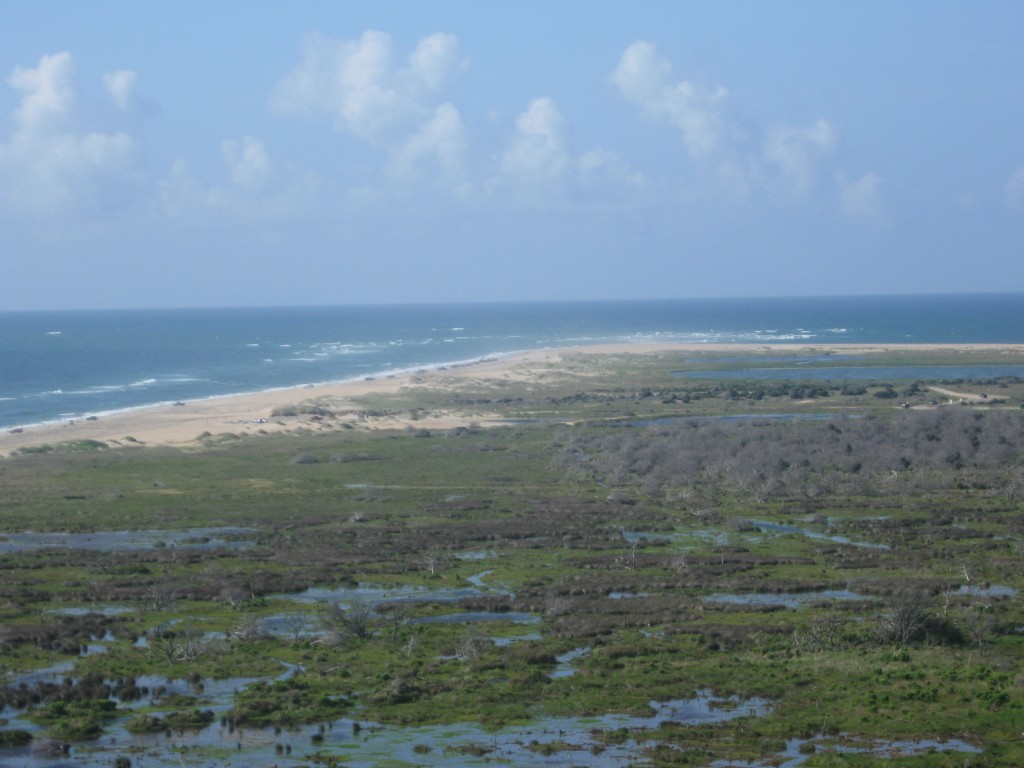 The plan was to book our trip to Europe in January. But I started shopping around, and I found an amazing deal this month. I talked with a friend of mine (an expert in London travel who runs the Anglotopia blog). He said in his experience tickets aren’t likely to get much lower than this. So I decided to go ahead and book now!
The plan was to book our trip to Europe in January. But I started shopping around, and I found an amazing deal this month. I talked with a friend of mine (an expert in London travel who runs the Anglotopia blog). He said in his experience tickets aren’t likely to get much lower than this. So I decided to go ahead and book now!
Here are some things I discovered during the booking process that helped us save some money:
Fly on the weekdays.
Originally, we were planning to fly out on a Friday. But after comparing fares, we decided to push our departure back to a Wednesday. We’ll also be flying home on a Wednesday. This reduced our total flight cost by about $300.
Book international flights at major airports.
When we first started planning our trip, we thought we would be flying out of Raleigh. Now that we’re moving back to Indiana in the beginning of May, we were able to book our trip out of Chicago. This change saved us another $300-$500.
Book your flight and hotel together.
I’ve always been skeptical about “vacation package” offers on Expedia. However, as I planned to book this trip, I did a lot of comparing and put together a lot of different combinations. It turns out, they’re not kidding about those vacation packages. We were able to book nicer hotels than we could have afforded without the vacation package discounts. All together we saved about $400 on hotels.
Look at traveler opinions, not hotel class.
I typically don’t pay attention to hotel class when I’m booking. I just want a clean hotel in a convenient location. The negative reviews by other travelers on Expedia and TripAdvisor can tell you a lot about the hotel. Are other travelers complaining that the pillows weren’t fluffy enough or the receptionist was a little rude? If that’s the worst complaint next to a ton of positive reviews, you’re golden. But if a lot of review say the hotel is dirty or located in a bad part of town, I’ll move on. I’ve had really good luck in the past booking hotels with 4-stars+ in traveler opinions.
Weigh convenience with price when choosing hotels.
We could have reduced our hotel cost by staying in extreme budget hotels or staying far outside the cities, but I was really really nervous about that. We’re already going to be in a new country. In Paris, we won’t even speak the language. The last thing I want is to end up stuck in a filthy hotel for 5 nights or lost in the middle of nowhere with an hour bus ride into the city. We may have paid a little more than necessary, but we weighed our options, and it was important to us that we be in a safe neighborhood with easy access to public transportation.
For peace of mind, spring for the travel insurance.
We were on the fence about travel insurance. I did some research, and I thought it would cost us about $200 to insure the trip. Expedia offers trip protection for about $90 a ticket. We’ll be able to change our dates or cancel our trip for any reason without paying $150 a ticket, and the insurance will reimburse us for any nonrefundable costs. It also includes coverage for medical emergencies and lost baggage on the trip. For such a small amount of money, it was worth the peace of mind.
We spent $3500 on flight and hotels. This is exactly what we budgeted. It breaks down to about $1700 for flights and an average of $150 a night for 3-star hotels in excellent locations in London, Paris, and Amsterdam (cities that are notoriously expensive). We’ll spend 5 days in London, 2 days in Amsterdam, and 5 days in Paris. Then we’ll fly home directly from Paris.
And now it’s actually official. We’re going to Europe in 177 days!!! I can’t believe it’s actually happening! :)






